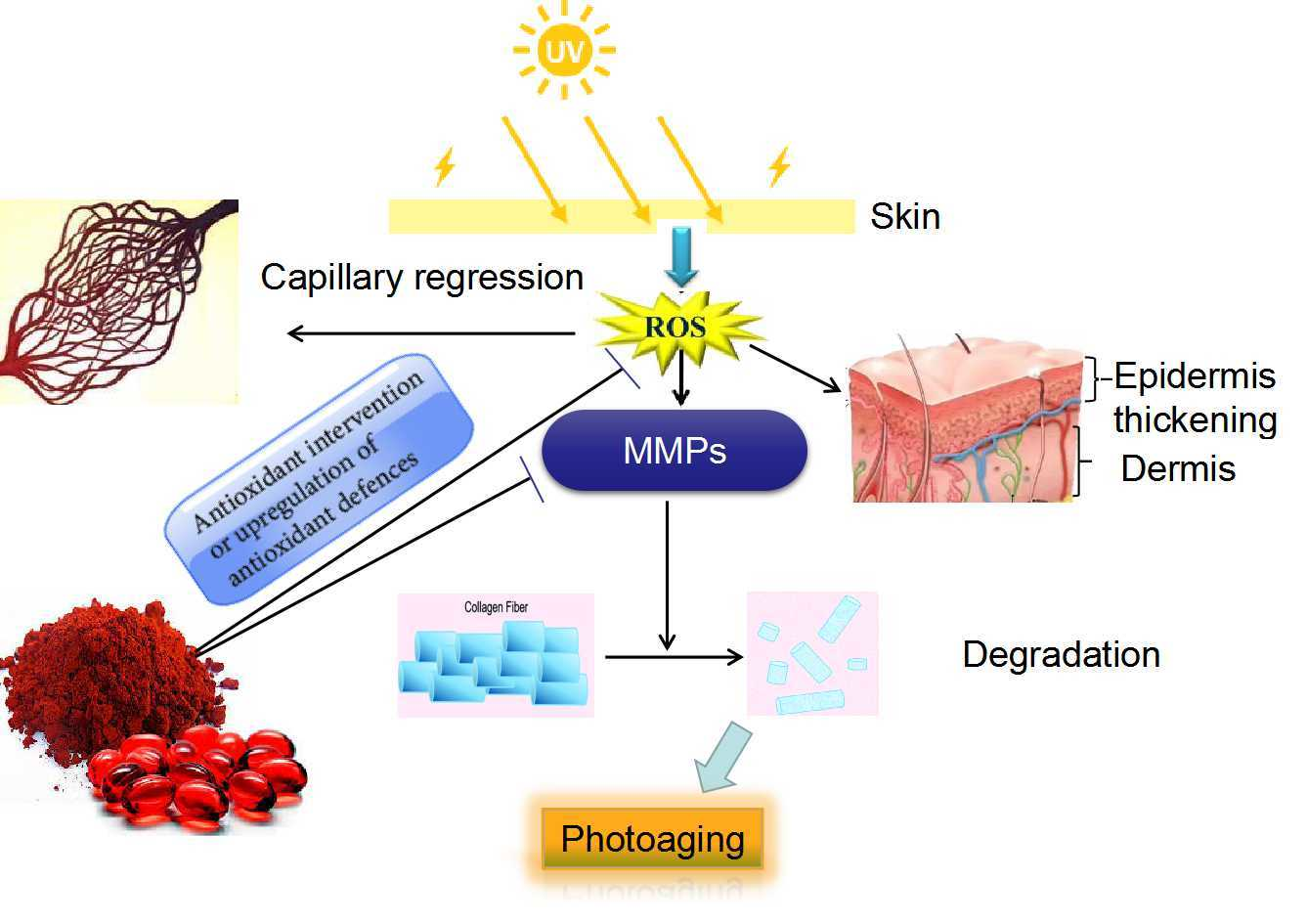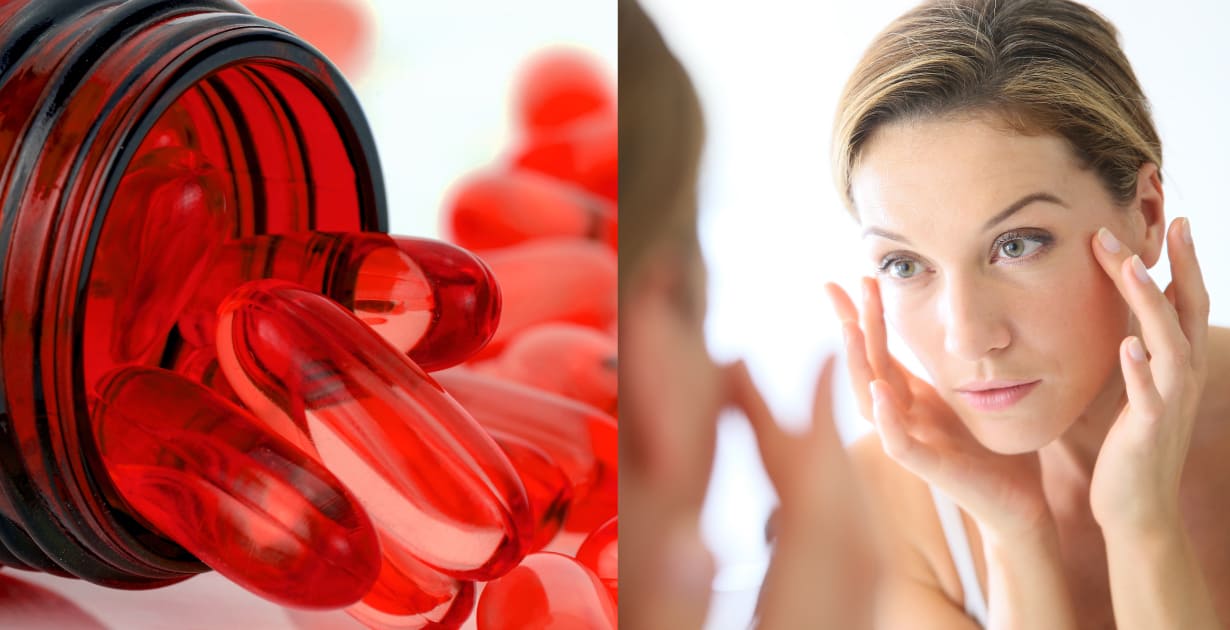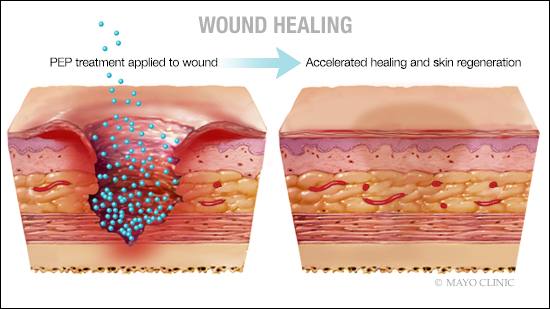What does astaxanthin do for skin?
Astaxanthin is one of nature’s most powerful antioxidants. It’s derived from fresh water microalgae and boasts numerous health and beauty benefits. You may be surprised to hear that this under the radar ingredient is what gives flamingos, salmon and shrimp their pink color. Astaxanthin’s unparalleled antioxidant powers make it a worthy addition to your beauty ritual.
Astaxanthin protects the skin against oxidation, not only preventing the aging process, but also potentially reversing external signs of aging. There are many visible advantages to taking astaxanthin. While it promotes skin smoothness, and prevents your skin from inflammation, there are three significant benefits to take into account when adding astaxanthin to your skincare routine. First and foremost, astaxanthin visually reduces fine lines and wrinkles.
What Is Astaxanthin?
Astaxanthin is a naturally occurring carotenoid found in algae, crustaceans and certain fish species such as salmon. This red pigment is considered to be one of the most potent naturally occurring antioxidants. Its antioxidant capacity has been demonstrated to be up to 6,000 times more potent than vitamin C and up to 100 times more effective than vitamin E1.
Astaxanthin has gained popularity in the field of dermatology for its ability to improve skin health and appearance by protecting against oxidative damage.

Chemical Structure and Natural Sources
Astaxanthin (3,3'-dihydroxy-β, β'-carotene-4,4'-dione) is a xanthophyll carotenoid that belongs to the terpene family of natural compounds. Unlike other carotenoids, astaxanthin possesses a unique molecular structure characterized by hydroxyl and keto groups at each end of the molecule, which significantly enhances its antioxidant properties. This distinctive structure allows astaxanthin to span cell membranes, providing protection from both the inside and outside of cells against oxidative damage. Found abundantly in nature, astaxanthin gives the characteristic red-pink color to various marine organisms including microalgae (particularly Haematococcus pluvialis), shrimp, salmon, krill, and crustaceans. The microalga H. pluvialis is considered the richest natural source of astaxanthin and has become the primary organism for commercial production of natural astaxanthin.
Properties of astaxanthin
This active ingredient is known for its powerful antioxidant, anti-inflammatory and photoprotective properties. Its main characteristics include:
1. Anti-oxidation: it neutralises free radicals, protecting skin cells from damage caused by UV radiation and oxidative stress.
2. Anti-inflammation: it reduces skin inflammation, which helps prevent premature ageing.
3. Photoprotection: it helps protect the skin from the harmful effects of the sun, reducing the risk of sun damage and photo-ageing.
4. Improved mitochondrial function: it optimises cellular energy, promoting cell renewal and skin repair.

Benefits for the skin
Oxidative stress is a major cause for accelerated skin aging and dermal damage. An increase of free-radicals in the body is caused by factors in everyday life such as pollution, UV exposure, diet and unhealthy lifestyle choices, all of which lead to oxidative stress.
Astaxanthin is known for its ability to visibly improve the skin, offering multiple superficial and deep benefits:
Protection Against Photoaging
One of astaxanthin's most significant benefits for skin health is its remarkable ability to protect against photoaging caused by ultraviolet radiation. UV exposure generates large amounts of reactive oxygen species in the skin, leading to oxidative damage of cellular components including DNA, proteins, and lipids. Astaxanthin's powerful antioxidant properties enable it to neutralize these free radicals before they can cause harm, thereby preventing the molecular damage that underlies photoaging. Unlike topical sunscreens that block or absorb UV rays at the skin's surface, astaxanthin works at the cellular level, providing protection from within when taken orally and adding an additional protective layer when applied topically. This comprehensive photoprotection helps prevent the formation of fine lines, wrinkles, and hyperpigmentation associated with sun exposure.

Enhancement of Skin Elasticity and Hydration
Clinical studies have demonstrated astaxanthin's ability to significantly improve skin elasticity, an essential component of youthful-looking skin. By stimulating collagen production through activation of the TGF-β pathway and protecting existing collagen from degradation, astaxanthin helps maintain the structural integrity of the skin's dermal layer. Additionally, astaxanthin has been shown to enhance skin moisture content and reduce transepidermal water loss (TEWL), addressing another critical aspect of skin aging—dehydration. The combination of improved elasticity and hydration results in firmer, more supple skin with reduced appearance of fine lines and wrinkles. These benefits are particularly notable because they address the fundamental structural changes that occur in aging skin, rather than merely masking surface symptoms.

Reduction of Wrinkles and Fine Lines
Multiple clinical trials have documented astaxanthin's efficacy in reducing the appearance of wrinkles and fine lines, particularly those around the eyes (crow's feet) and forehead. These studies show that both oral supplementation and topical application can lead to measurable improvements in skin texture and wrinkle depth over time. The mechanism behind these effects involves astaxanthin's ability to inhibit the enzymes that break down collagen (such as MMP-1) while simultaneously promoting new collagen synthesis. This dual action helps rebuild and maintain the skin's underlying support structure, gradually smoothing existing wrinkles and preventing the formation of new ones. The improvements in skin appearance resulting from astaxanthin use tend to be natural-looking and progressive, reflecting genuine structural enhancements rather than temporary cosmetic effects.

Skin Brightening and Even Tone
Astaxanthin has demonstrated the ability to improve overall skin tone and brightness, addressing issues such as dullness and uneven pigmentation. By reducing oxidative stress and inflammation, astaxanthin helps normalize melanin production and distribution, resulting in more uniform skin color and reduced appearance of age spots and hyperpigmentation. This skin-brightening effect contributes significantly to the overall impression of youthful, healthy skin, as even skin tone is strongly associated with perceptions of skin health and age. The brightening benefits of astaxanthin occur without the skin sensitivity issues sometimes associated with other brightening ingredients, making it suitable for various skin types including sensitive skin.

Wound Healing and Skin Regeneration
Beyond its anti-aging benefits, astaxanthin also supports wound healing and skin regeneration processes. Its anti-inflammatory properties help reduce the excessive inflammation that can impair proper healing, while its antioxidant effects protect new cells from oxidative damage during the regeneration process. Additionally, by promoting collagen synthesis, astaxanthin helps accelerate the formation of new tissue and improve the quality of healed skin. These regenerative properties make astaxanthin valuable not only for addressing signs of aging but also for supporting the skin's recovery from various forms of damage or trauma.

What Skin Type Is Astaxanthin Best For?
Astaxanthin is one of the most powerful antioxidants known to science, which makes it beneficial to all skin types. Dry, sensitive and environmentally distressed skin benefit from the calming effects of astaxanthin. Mature skin benefits from the preventative and corrective benefits of astaxanthin.

How to include astaxanthin in your routine
Incorporating astaxanthin into your daily routine is the key to maximising its benefits, which is easier than ever with the new range of aox products. Based on synergies between various antioxidant ingredients, aox products are designed to deliver comprehensive protection against the signs of ageing.
Choose Reputable Skincare Products: Look for products that contain astaxanthin as an active ingredient. These products can take the form of serums, creams, oils, or masks. Ensure that the concentration of astaxanthin is adequate for its intended effects.
Cleanse: Begin your morning by cleansing your face with a best gentle cleanser to remove any impurities or excess oil.
Apply Antioxidant Serum: After cleansing, apply an antioxidant-rich serum containing astaxanthin to protect your skin from free radicals and environmental stressors. Allow it to fully absorb before proceeding to the next step.
Moisturise: Use a moisturiser appropriate for your skin type to lock in moisture and create a barrier for your skin throughout the day.
Sunscreen: Finish your morning routine with broad-spectrum sunscreen with an SPF of at least 30. While astaxanthin may provide some UV protection, sunscreen is required for full protection against harmful UV rays.
Evening Skincare Routine:
Double Cleanse: In the evening, start with a double cleanse to thoroughly remove makeup, sunscreen, and any accumulated dirt or pollutants.
Apply Antioxidant Serum: Reapply the antioxidant serum containing astaxanthin to continue providing free radical protection and supporting skin repair during the night.
Nourishing Treatments: Depending on your skincare needs and concerns, consider using additional nourishing treatments such as retinol or hyaluronic acid.
Night Cream: To provide extra hydration and support the skin's natural repair processes, apply a nourishing night cream or facial oil at the end.
Weekly Treatments: Use astaxanthin-rich masks or sheet masks on a weekly basis to boost antioxidant benefits and promote overall skin radiance.
Supplements: If desired, astaxanthin supplements can be taken to provide systemic antioxidant support. Consult a healthcare professional to determine the correct dosage for your needs.
Patch Test: Before using any new astaxanthin-containing skincare product, perform a patch test on a small area of your skin to check for any potential allergic reactions or sensitivities.
Consistency is Key: Like any skincare ingredient, consistency is essential to seeing results. Give your skin time to adapt to the new addition and be patient for noticeable improvements.

Where to Buy Astaxanthin Powder?
You can purchase astaxanthin powder 1kg at yanggebiotech company is an industry-leading manufacturer and distributor for pure dietary supplements. yanggebiotech.com is not just a consumer brand. It also supplies pure ingredients to other brands that distribute food and other supplement products. Contact yanggebiotech.com to place an order today.
Conclusion
Astaxanthin is a clinically evaluated antioxidant with serious skin benefits. Furthermore, this powerhouse ingredient is 100% natural and non-GMO, making it a vital player in an effective skincare routine.
Astaxanthin represents one of nature's most powerful tools for maintaining skin health and combating the signs of aging. Through its exceptional antioxidant capacity, significant anti-inflammatory effects, and ability to stimulate collagen production, astaxanthin addresses multiple aspects of skin aging simultaneously. The scientific evidence supporting astaxanthin's benefits continues to grow, with clinical studies consistently demonstrating improvements in key skin parameters such as elasticity, hydration, and wrinkle reduction following astaxanthin use.
As research advances, we can expect to see further refinements in astaxanthin formulations, delivery systems, and treatment protocols, potentially enhancing its already impressive efficacy. The development of more sophisticated encapsulation technologies is likely to improve astaxanthin's stability and bioavailability, while continued clinical research may uncover additional benefits and applications for this remarkable compound. The trend toward natural, evidence-based skin care solutions positions astaxanthin as an increasingly important ingredient in the future landscape of dermatological care and anti-aging treatments. For Astaxanthin Powder contact us here: Email:info@yanggebiotech.com
|
References |


